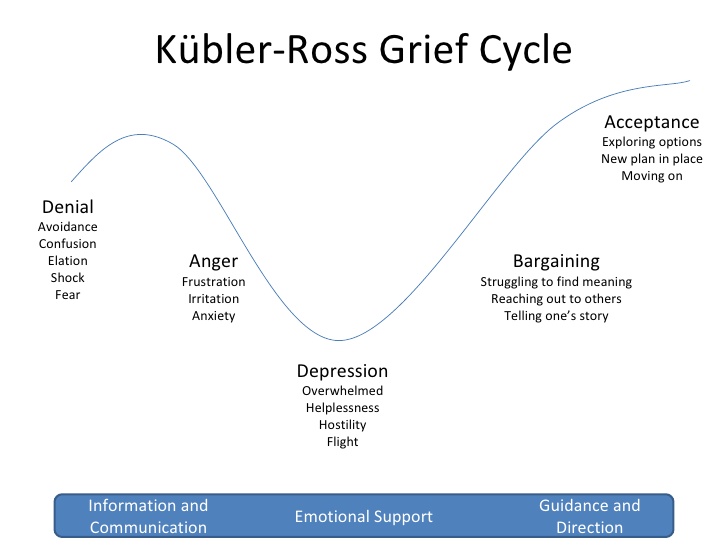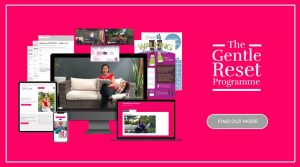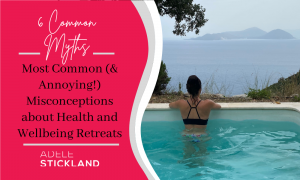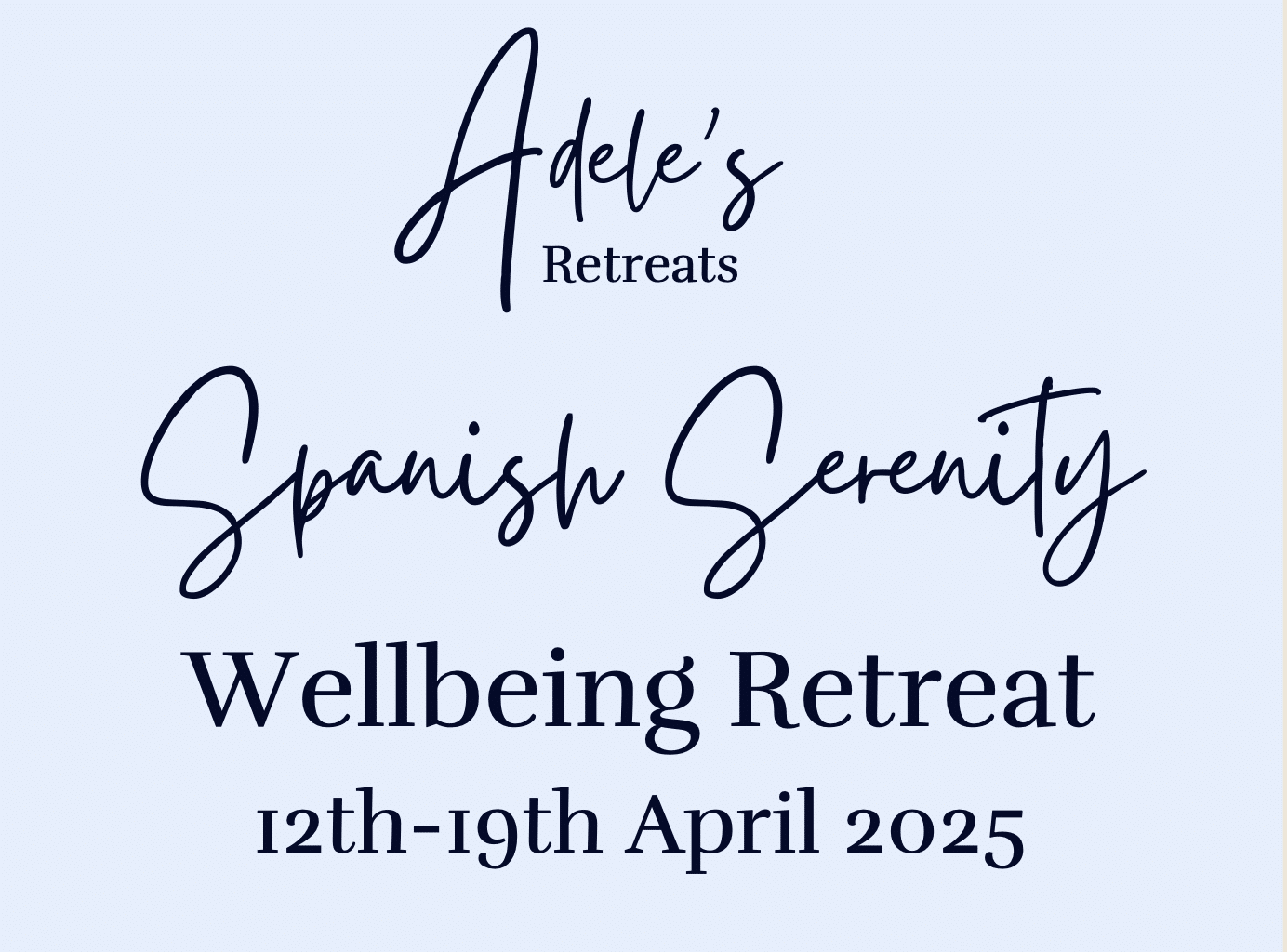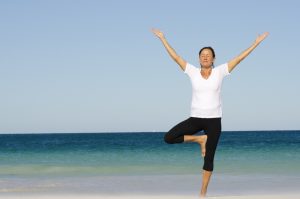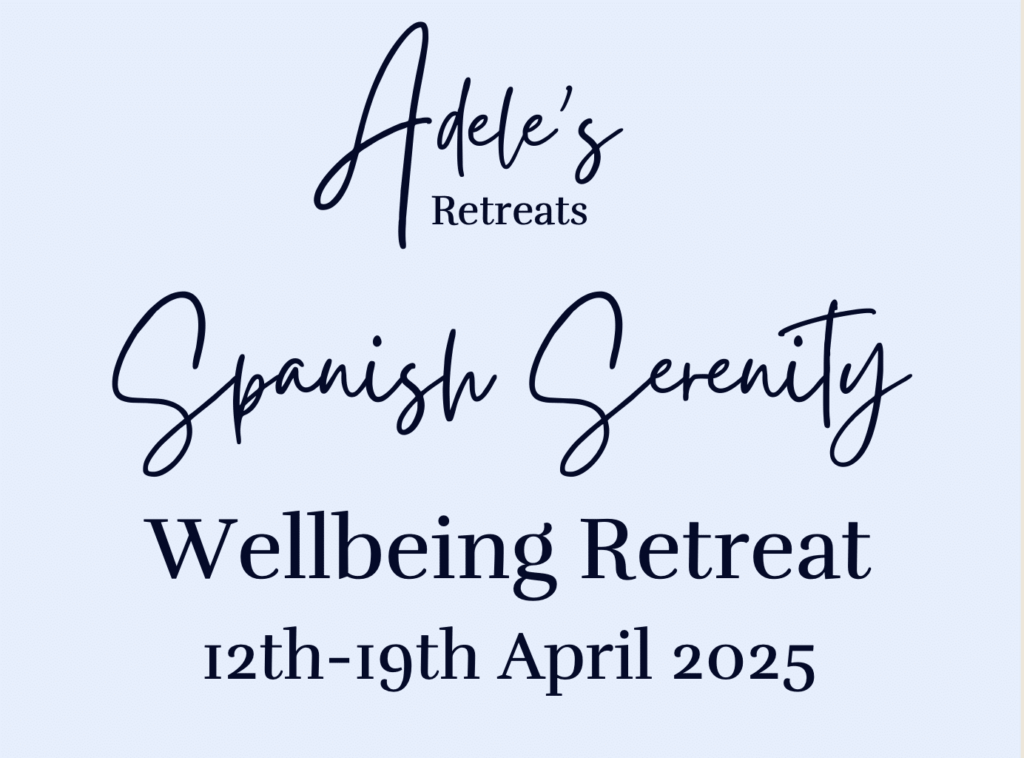Experiencing difficult feelings about the coronavirus pandemic, when we have lived through it for so long, is normal. There are no standard or ‘normal’ responses to this pandemic. Whilst some are worried about the future, or simply constantly feeling stressed and anxious, others are simply bored and frustrated. Carrying on as usual with the backdrop of tension, uncertainty and anguish around lockdown is very hard to navigate. This blog will outline the top tips you need to hear to survive lockdown and ways to increase your Resilience superpower in lockdown. What coping strategies are you using and how easy will they be to unhook from later on?
Are the coping strategies you are using helping or hindering?
Trying to juggle work, homeschooling, concern about your own health, as well as others, can feel overwhelming. There is an increasing sense of ill-ease. This inherent threat we can’t quite put our finger on means that staying well can be difficult and finding strategies that ease this tension, without increasing the burden can be difficult.
Staying well, creating habits that improve wellbeing is essential which is what this blog will explore – the 3 top tips you need to hear to survive lockdown.
Why stress peaks with uncertainty
Humans are very uncomfortable with the unknown, your behaviour and emotional wellbeing are based on levels of certainty, controlling your environment is crucial to your wellbeing.
In times of high uncertainty inevitably brings high stress.
Whether stress is caused by an unknown or a real threat, the same reaction triggers your instinctual alarm, and your body creates a system of responses in your attempts to outrun the potential ‘risk’. The human brain is an “anticipation machine, and ‘making sense of the future’ is the most important thing it does.
When you feel threatened, your nervous system responds by releasing a flood of stress hormones, including adrenaline and cortisol, which rouse the body for emergency action. Your heart pounds faster, muscles tighten, blood pressure rises, breath quickens, and your senses become sharper.
Streak peaks with uncertainty
In a recent experiment, volunteers were asked to play a computer game that requires overturning rocks to find hidden snakes. If a snake appeared, a painful electric shock was delivered. The participants were highly motivated to figure out which rocks hid the snakes to avoid the shock. Research had a mixture of stress and uncertainty that the researchers were able to control and monitor.
The research showed that when people had absolutely no clue whether they were about to get shocked, their stress peaked. However, when there is a level of predictability – even as low as 50% – the stress impact was reduced.
So what we can take away from this is that in order to mitigate the levels of stress, controlling the controllable is the best way forward. Controlling what is in your remit, for instance, your daily routines, exercise levels, what you eat are all within your control and will ease your stress burden.
You can control the time you get up every morning, the time of day you exercise, the news you watch. Creating a routine and controlling your day will help navigate your emotional response.
What coping strategies are you using?
Stepping back and looking at what you can control in your daily life will help you to settle your thoughts.
Here are some practical coping strategies you can implement to ease stress:
- Adopting and maintaining your boundaries
Ensuring that you have clear work times and times off during each day is a great way to mark out your day. With the absence of the daily commute, you no longer have a clear delineation between work and home. Therefore a simpler way to mark the boundaries is using your time.
Whilst the traditional working hours of 9-5pm no longer works for many job roles, homeschooling or caring for other family members, instead, carving out early morning slots and afternoon slots to work and leave the afternoon free for rest or other duties.
Clearly mark the times in your day when you are at work and the times you are off work. You may be able to communicate this back to your work colleagues or it maybe something you set up in your own diary. But in your own mind be clear. Rushing from one situation to another or trying to stick to someone else’s agenda won’t work to reduce your stress.
Timetabling jobs is an effective way of creating boundaries.
- Prioritise your exercise routine
Outside exercise is essential, and making sure that this time is prioritised in your day is important for your daily and weekly structure.
Being outside will calm your nervous system and reset your body’s ‘fight, flight, or fright’ nervous system.
So make sure that you set your exercise agenda into your diary first every week.
- Listen and validate your emotions
Everybody is adapting to the new situation very differently, the Kubler Ross bereavement or change curve as it is used in business circles means that there is a cycle of emotions.
It is important to understand that the pandemic is creating a loss of a way of life and that there is a normal trajectory to the loss of your lifestyle and daily structure which is common.
You may find yourself on one part of the curve on Monday and a very different part of the curve at the weekend. Recognising that there is a way forward and ‘this too will pass’ will ease your stress response.
Experiencing difficult feelings and emotions about coronavirus include concern about your own health, the restrictions, or feeling hopeless about when the pandemic might end.
Knowing that this situation is unusual, it won’t last forever, but using short term inappropriate coping strategies will create a longer-term ‘stress’ response, which will mean that being able to navigate the situation will take longer and hinder your ability to recover.
If you want support in making personal changes that will increase your feeling over wellbeing but feel overwhelmed and confused about where to start then pick up a copy of Gorgeous!
Using inappropriate coping strategies is often the first method of dealing with a situation, however, these will create further issues.
Top tips to survive lockdown:
1.Don’t use alcohol as an excuse
It is easy to say “I deserve this” and whilst you do indeed merit time off, a release, using a quick fix release method that will increase stress and make you more anxious will have a long term effect.
Whilst having a glass of wine (or several) after a busy day, alcohol will not make life easier, it will make it harder and impede your judgment and the decisions you make to improve your self-care.
Using alcohol as a switch off from a busy day will mean:
- Lowered inhibitions, leading to poor judgement for further ways of recovering, for instance, eating more junk food
- Trouble concentrating the next day
- Increased mood swings and increased feelings of not being able to cope
- Reduced core body temperature and lower immunity response
- Raised blood pressure and increased stress response and cortisol release which leads to weight gain and again lowered immunity
- Lack of motivation, can’t get out of bed which will become a vicious circle
Drinking at the end of every stressful day will mean it will be harder to rationalise the world around you and make your mental health issues more intense.
Short term hangover effects are obvious it is the longer-term mental insidious health effects that are of greater concern.
Keep it to the weekend
2.Keep moving and go outside
As mentioned above, keeping to a routine every day will help to stabilise the feeling of being out of control. Stressed breathing is rapid and will engage your body’s sympathetic nervous system in the fright, fight, or flight response. This state of high alert energies your entire body and is activated whether that stress is perceived or real.
For example, if you feel stressed and anxious because of feelings of being out of control due to Coronavirus then the same response is triggered as if your kid was about to be trampled by a herd of dinosaurs! Different life-threatening realities but it trigger the same drastic response from your body.
Instead use slow, deep breathing which your body responds to when it outside stimulates your body’s parasympathetic reaction which is ‘rest, digest’.
Plus getting outside every day will calm you down
When your alarm response is triggered your body needs to remove the cortisol stress hormone and the best way of doing this is by running it off and dispersing it safely from your body.
Physical exercise allows your strong emotional response to quieten and dissipate. Shake strong emotions off and physically release those pent-up feelings of stress, anxiety and inner turmoil.
Give your cognitive, emotional state a physical release.
3. Make adaptive changes to your home
Watching reels on TicToc or binge-watching NetFlix to relieve boredom when work is finished is not the greatest way to unwind. Adding more screen time is increasing your stress problem.
The issue of sitting in front of a screen during work hours and then relaxing with a screen is 3 fold:
- Lack of motivation,
Being glued to the computer screen for work and homeschooling means extended time sitting. Remaining seated for long periods of time and not moving around leads to changes in your body’s metabolism.
Your body will become more sluggish and you will not only gain more weight but also affect your posture and create more postural pain issues.
- Eye health problems
Increased screen time will create problems with your eyesight.
Myopia is when distant objects look blurry. Interestingly when you go outside your eye focus settles on the horizon. Therefore your eye strength and focus will improve. Simply changing your eye gaze will help reduce myopia symptoms.
- Positive ions released from your home office
Your home office and the increased use of technology and screens means that your home is releasing more positive ions.
Negative ions are good for human health and are found at high altitudes, in rain forests but positive ions are not and they are found in city environments and in your new home office.
Positive ions emitted from computers, screens, TVs, etc are negative to human health and lead to increased headaches and lethargy.
The simple solution…
Adding house plants to your home office environment will release negative ions. into the air.
The negative ions benefit your health and are released through the plant’s process of transpiration which is when your plants release moisture into the air. Plants’ transpiration – similar to evaporation – is the loss of water from the plants’ leaves, stems, flowers, and roots. It is similar to sweating.
Adding more house plants will reduce the effects of home screens.
How can you adapt and move forward?
Look at things differently and experiment with different ways of adapting to this new way of being..
For instance:
- moving your home office to a different part of the house,
- adding house plants
- ensure you have a routine
- going outside every day.
You may even begin to notice that being at home means you have more freedom. You don’t have to sit all day, you can lie on the floor, pace around, move to another room and take breaks throughout your day.
Try a 14 Day Positivity Challenge
Changing routines takes time and habits can take up to 40 days to embed, but starting a habit is the most difficult part so I’d like to invite you to set a challenge to yourself.
Make a commitment to do one of these new habits – or another of your personal choice – and stick to it for 14 days, after that motivation isn’t required as much, it becomes easier to establish a long term habit.
For 14 days commit to:
- Getting up same time EVERY morning
- Getting outside – movement every day
- Water challenge- 7 glasses 250ml every day
- Record 3 gratitude’s every day
Email me back and let me know how you get on adele@get-gorgeous.com. I’d be interested to know what action you take from reading this blog
Have you ever considered working with a Health Coach!
It’s taken me years (and loads of mistakes) to work out how to fit in nourishing nutrition, fulfilling exercise around my life which includes my coaching business, my Pilates obsession and 3 kids!
And now I coach busy, successful woman over 40 to do the same – via my membership community: The Gentle Reset – and I’d like to invite you to join me see what it is like find out more: read the blog The Gentle Reset
Based on the latest science from the world of nutrition, neuroscience and exercise I’ve created a coaching programme that will create habits that will keep you energised for life.
Who is my Group Coaching Programme for?
- If you are over 40 and wondering what the next 50 years are going to look like for you, then my Group Coaching programme is a great way to reset your health.
- Busy, professional woman, successful in so many other aspects of your life but find it hard to find time for you then my Group Coaching Programme is perfect for you.
- Looking for nutrition, exercise and emotional wellbeing that is tailored to you, your life and your commitments.
- Move your health onto the next stage, and create a new lifestyle that supports and nurtures you rather than drains you. Then The Gentle Reset is perfect for you – Join here: The Gentle Reset
- If you know that you are looking to improve your nutrition and nourish your body through adding in great nutritional and exercise habits that will not lead to burnout instead you will feel energised and vital so that you can take on all those ‘life’ tasks that previously you found so draining.
- Or you are looking to increase your mental agility, enhance your creativity and problem-solving abilities. to tackle the next stage in your career and life then jump into the Group Programme
- If you want to feel emotionally and physically stronger so that the stress of life doesn’t send you into a spin of negative coping strategies and behaviours then join us for the next round.
If you are looking to read more before you decide then read more about my Group Coaching programme click here: The Gentle Reset
What results should you expect?
University lecturer and business owner Rachel explains “I am starving, therefore, I must be losing weight, but the scales were going the opposite way – I was confused…” Rachel is a busy professional, hardworking and successful who lives life at a “100 miles an hour”. She fits a lot into her day and she was looking for some help with her health that could be “easily absorbed into her day” She noticed she was getting a lot of colds, feeling lethargic, she knew it was because she wasn’t putting the right nutrition in her body. You can hear Rachel talking about how she changed her life click here
Find out more about the success stories click here
How much does it cost?
Your investment is currently £415 but this is for a limited time, the price will be increasing soon.
If you are interested in finding out more about the costs of working with a Health Coach read my blog: How much do Health Coaches charge?
BE QUICK this programme, along with all my programmes will be increasing in price very soon > Click here to find out why I am raising my prices But you’ll also discover how you can grab a place before my prices go up, but you will need to be fast.

Gorgeous is your journey of discovery
PS. The next round of Gentle Reset begins soon, get started on your first habit Click here to join The Gentle Reset


